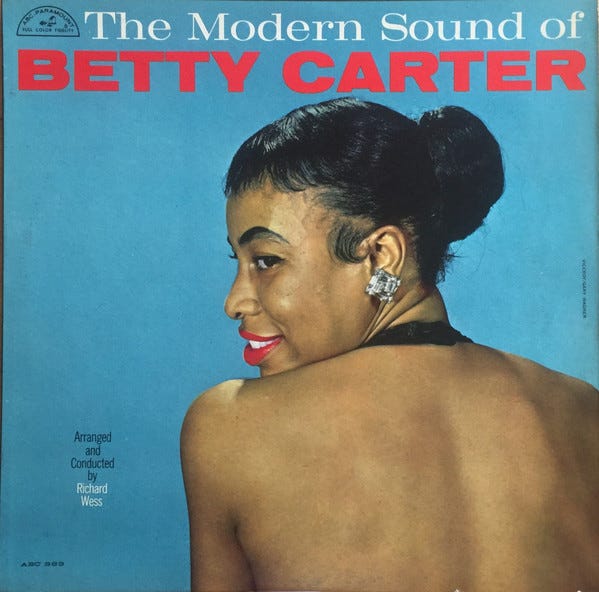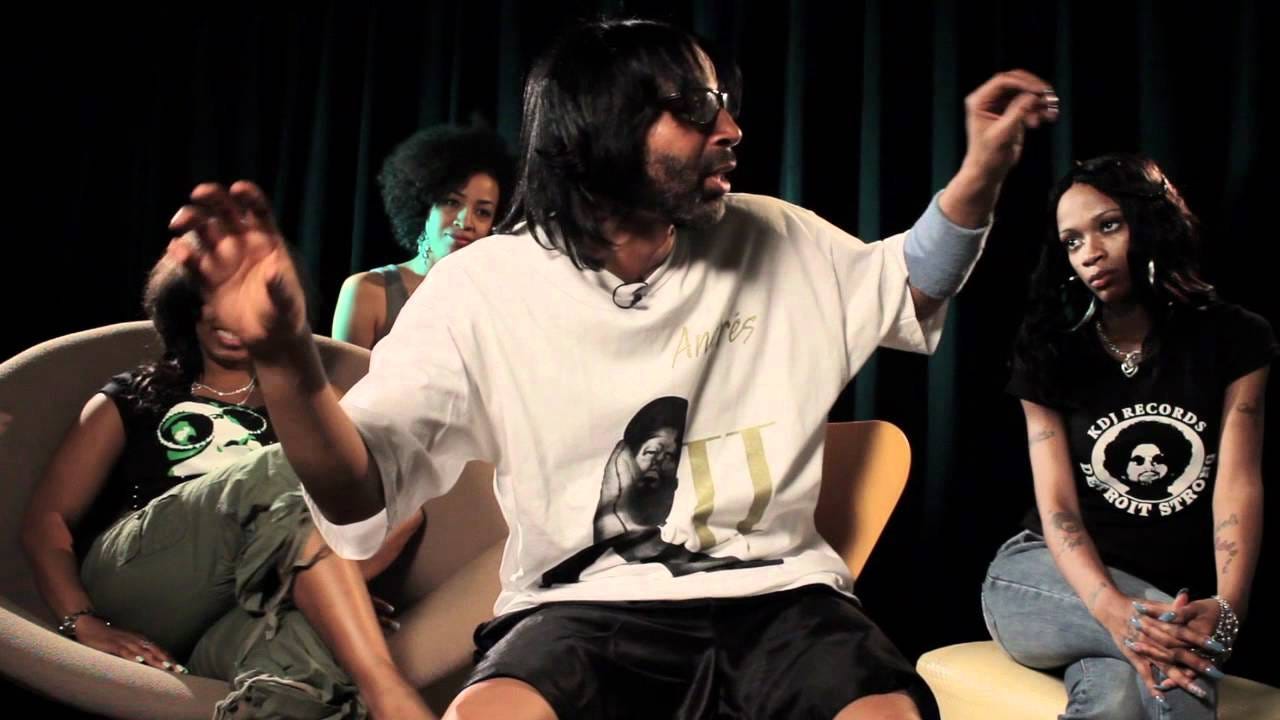This Time
On Moodymann's "I'd Rather be Lonely" and the music of interventions.
Famous outbursts become famous because they reveal truths that our constant social recoiling is designed to conceal. During a concert in Switzerland, Nina Simone interrupted herself before performing the the song “Feelings” to testify I cannot believe the conditions that produced a situation that demanded a song like that. I still haven’t recovered from that moment of honesty, witnessed digitally, internalized for eternity. I never want to replicate the conditions that would make someone chase numbness and forgetting the way the song Nina laments does. I never want to forget all my feelings of love. Part of the eerie beauty of Nina’s interruption is that she goes on to complete the song, she’s not arguing against its validity, she’s arguing against the validity of the world that made it valid, necessary.
I don’t want to forget my feelings, or fear them, but on the other hand sometimes I need to be alone with my remembering, and choose uninterrupted indulgence in them. This is the stubbornness Betty Carter understands when she whisper- shouts “This Time” a Jule Styne standard she interprets with her usual impossible cadences, words and phrases becoming events in her mouth. This time /I’d rather be lonely… this time/ not taking no chances. These declarations are less about frightened or wounded recoil than about understanding, feeling worthy of what they seek not just taking whatever comes. The song resents a history of naive love and promises itself a triumphant overcoming of deceptive lovers, deceptive feelings. It’s also creating rupture, but it’s interrupting a pattern not a mood. “This Time” borders on the pathos of “Feelings” but resists it by demanding the singer choose herself. Its autoerotics impose a reluctantly sensual quality on resignation, especially when Betty Carter swallows all space for doubt with stretched gloating-voweled notes, words becoming flesh. She becomes ‘this time,’ what it measures and is measured by. She’s not moping, she’s reinstating her sovereignty over herself, she’s not falling into an abyss of feelings, she’s full of romantic contemplation and feeling out its aims.
Betty repeats thiiisss time like a sweet, sure, threat, the hiss of thistle caressing the air with a new myth. In 2007, about a decade after she records the song, live in New York, producer Moodymann finds it and samples and loops her this time, mining its self-renewing frequency. Isolated and echoey like a hall of mirrors, he adds a tangled beat and a drop and splices the syntax to create the phrase this time… it was easy… so that the naming of past deceptions is confused with the ease of aloneness. Accusation turns to celebration. He changes the connotation of her timing, adds a cheerful rumble of claps and maracas, a weird synth bubble that turns the tinge of melancholy goofy, and then Amp Fiddler comes in with a soulful blues vocal, dueting with Betty Carter in slurs and murmurs, doing the the things that you you did before, the same things that you did before, staggered and layered with her it was easy, until we’re brought back into a house of worship and witness, two devotees shouting their testimony in unison, pronouncing themselves healed of their pasts but looping and mashing those histories into music so they can dance on its grave of longing.
Moodymann makes songs that are resurrections, so that even dismal content is uplifted by the movement it demands, forced to tread on itself until it finds a fluid and timeless shape as voice and body dancing beyond literal meaning. He locates the sacred in the everyday and funk in the antiseptic jazz standard. He finds the most poignant nudge of a gesture in a song to sample and replay until its pavane with itself is the song and linearity falls away. He justifies dangling Betty Carter’s visceral time loop in a swampy fix of mechanically generated accompanists. He’s neither futurist nor fetishist so unlike many less satisfying producers, Moodymann does not hover in bewildered awe of his samples—he interacts with them, points them out like maps to where he’s already planned to travel and then lets them make the roads. Betty’s hollowing couplet and Fiddler’s clawing, laddering lines build up to a wordless quickening, the sound of feet shuffling in dance on a slick empty floor, sound of outrunning your preoccupations so you can dance with yourself in the rapture of not caring who’s there or who’s not there.
Except this time it matters who’s there. Betty Carter was born in Flint, Michigan, Amp Fiddler in Detroit, and Moodymann in Los Angeles by way of and through and back to Detroit. So much of the producer-as-composer is about placing songs and people in conversation in ways that challenge our stodgy ideas about who can be where doing what, when. Moodymann knows the images of Betty Carter sweating like a boxer in the ring on stage while softly singing it was easy, he’s seen Amp Fiddler sweat and spit into a microphone, and he himself has cried and sweat to a ballad when everything in him wanted to pretend he was just dancing in the unambitious rain of a terribly lit nightclub instead of preferring the cave like basement daydreamed version of togetherness. Nina returns in echo I’d rather be lonely than happy with somebody else. I don’t think it’s that there’s a tradition of finding loneliness romantic and generative— I think there’s a tendency to feel guilty for the strange ways we fall in and out of love with others and ourselves. Moodymann gives us a song to regroup to on the topic of in my solitude you haunt me, on the topic of reveries of days gone by. A song as slow endless parade wave from a ghost carousel where he hosts the afterhours in the afterlife of true love. Anything that seems this effortless takes a heartbreaking amount of care and attention, a lonely amount.
On the other side of this time there’s the fact that the frigidity of loneliness is transcended by the very music that causes it, names it, only to stomp it out in a crowd of rhythm addicts.





“Betty repeats thiiisss time like a sweet, sure, threat, the hiss of thistle caressing the air with a new myth.” brilliant. thank you. ❣️